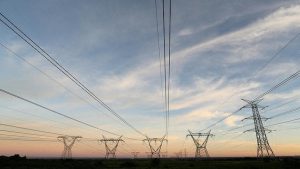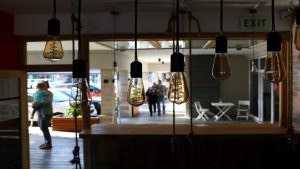Farmers say the worsening power cuts are adding to farmers costs of running business as they are increasingly being forced to purchase diesel and petrol for generators, creating a financial burden.
With the harvesting season approaches, the agricultural sector is appealing for tax rebates and respite from blackouts, saying that it would be difficult to meet deadlines and exports would most likely be affected by the power cuts.
The sector is one of many whose businesses have been affected by unending blackouts. Economist Dr Arno van Niekerk says that the inconsistent power-supply is a major concern.
“The most important factor in this is the fact that despite the production costs that have increased, it is the inconsistency in power supply and the uncertainty it is causing farmers around the country. We’re approaching, and we are in harvest season and that stretches until March and many of the farmers, about 80 percent of farmers, depend on Eskom’s provision of electricity, so, this is a huge concern.”
Impact of power cuts on SA industries:
Millions lost per day
Johannesburg’s City Power says it’s losing about R3.6 million as a result of blackouts.
City Power spokesperson Isaac Mangena says the loss is due to equipment replacement amongst other expenses.
“The impact is huge in terms of the potential investment losses that basically businesses are suffering. Some of them have actually been closed, especially small businesses that do not have the luxury of, you know, firing up the generators. We did a desktop study, and we expect the numbers to completely rise due to the extensive high levels of load shedding that we have basically enjoyed this year. Every time there is load shedding, the lifespan of our infrastructure, go down with the wear and tear increasing. This is coupled with opportunistic theft and vandalism of the infrastructure during the downtime.”






